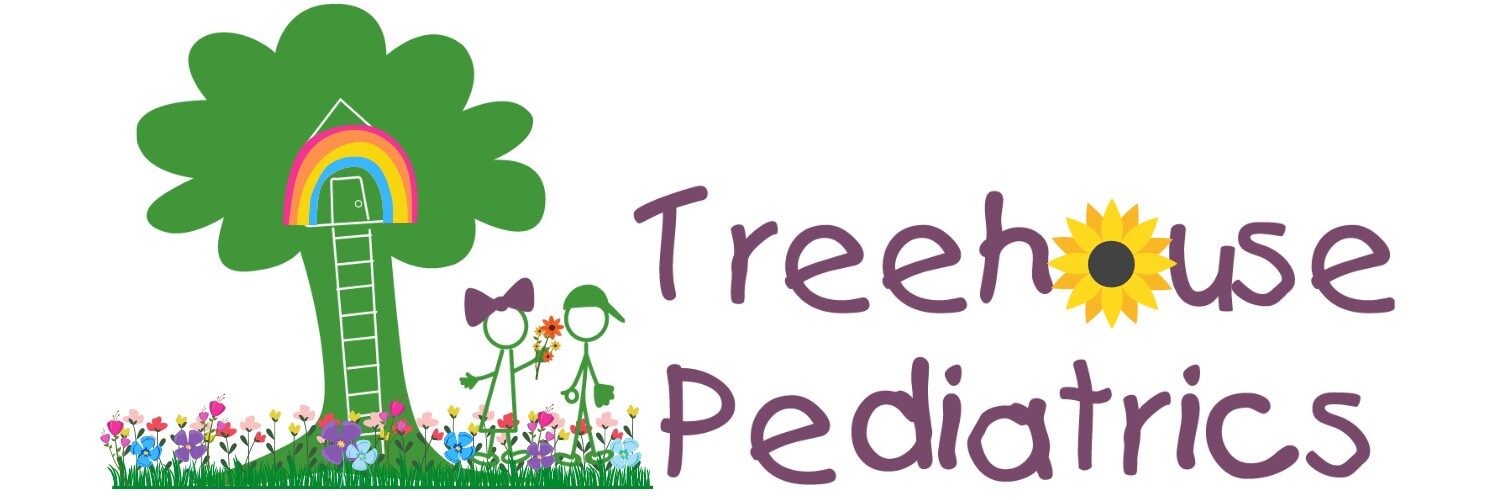Information based on current recommendations from the CDC as of March 27, 2020:
What is it?
Human Coronaviruses are a family of viruses that usually cause illnesses like the common cold. Almost everyone gets one of these viruses at some point in their lives. Most of the time, the illness only lasts for a short time. COVID-19 is a new coronavirus. It was discovered in China in December 2019 and has now spread throughout the world. As the virus spreads, we are seeing some people with mild illness, some who get very sick and recover fully, and some who have died. The reason health officials are concerned is because the virus is new, which makes it hard to predict how it will continue to affect people. Researchers and doctors are learning more about it every day, including exactly how it spreads and who is most at risk.
Current data
Information and recommendations are changing rapidly. For the most current information, the CDC updates their numbers every Mon., Wed., and Fri. at this website: https://www.cdc.gov/coronavirus/2019-ncov/faq.html. Research from other countries has shown that the illness in children is particularly mild and that those most at risk of becoming severely ill are people 60 and older, people with chronic illnesses such as diabetes, cancer, lung disease, etc. and people who are immune compromised.
Transmission
The virus is spread from person to person via close contact (defined as being within 6 feet of someone for more than 2 minutes) and passing of respiratory droplets with coughing or sneezing. It may also be spread by contact (a person touches a surface the virus is on and then touches their mouth, nose, or eyes) but this does not seem to be the main source of its spread. Those at greatest risk of infection are those who have had prolonged contact with a person with a confirmed case of COVID-19. “The incubation period for COVID-19 is thought to be within 14 days following exposure, with most cases occurring approximately five days after exposure.”
Clinical Presentation
Like other colds, in children this virus is likely to cause cold symptoms such as runny nose, congestion, and cough. This virus may also cause a low fever. Just like the common cold, there is no treatment such as an antibiotic to speed the resolution of symptoms. The typical cough/cold recommendations will be useful with this virus as well, such as offering honey for those over 1 year old with cough, providing lots of fluid and rest, and using humidified air, saline, and nose suctioning for babies.
Testing
We do not have an in-office testing available at this time. There are test kits provided by the state that are available in the ER and hospital setting when patients meet certain criteria. Those persons who are higher priority for testing at this time include: hospitalized patients who have symptoms consistent with COVID-19, individuals with chronic medical conditions or a suppressed immune system with COVID-19 symptoms and persons who within 14 days of symptom onset had close contact with a suspected or confirmed COVID-19 person. Remember, even if a child is tested and has confirmed COVID-19, we recommend supportive care and monitoring at home if the symptoms are mild.
Prevention
These techniques include washing hands with soap and water for at least 20 seconds (think “Twinkle Twinkle Little Star” or the chorus of songs like “Jolene”, “Landslide”, and “Karma Chameleon”), covering coughs and sneezes, and discarding tissues immediately in trash bins, not touching your eyes, mouth, or nose, and staying home if you are sick. Another way to prevent contracting the virus would be stay out of emergency rooms and other large medical facilities unless symptoms are severe. For those with cold symptoms, without trouble breathing or a prolonged fever (defined as a temperature of 100.4 ° or higher and lasting more than 72 hours) , we recommend calling the office for concerns. Please remember that influenza is still a significant health concern and make sure you get your flu vaccine during the flu season every year.
Resources
